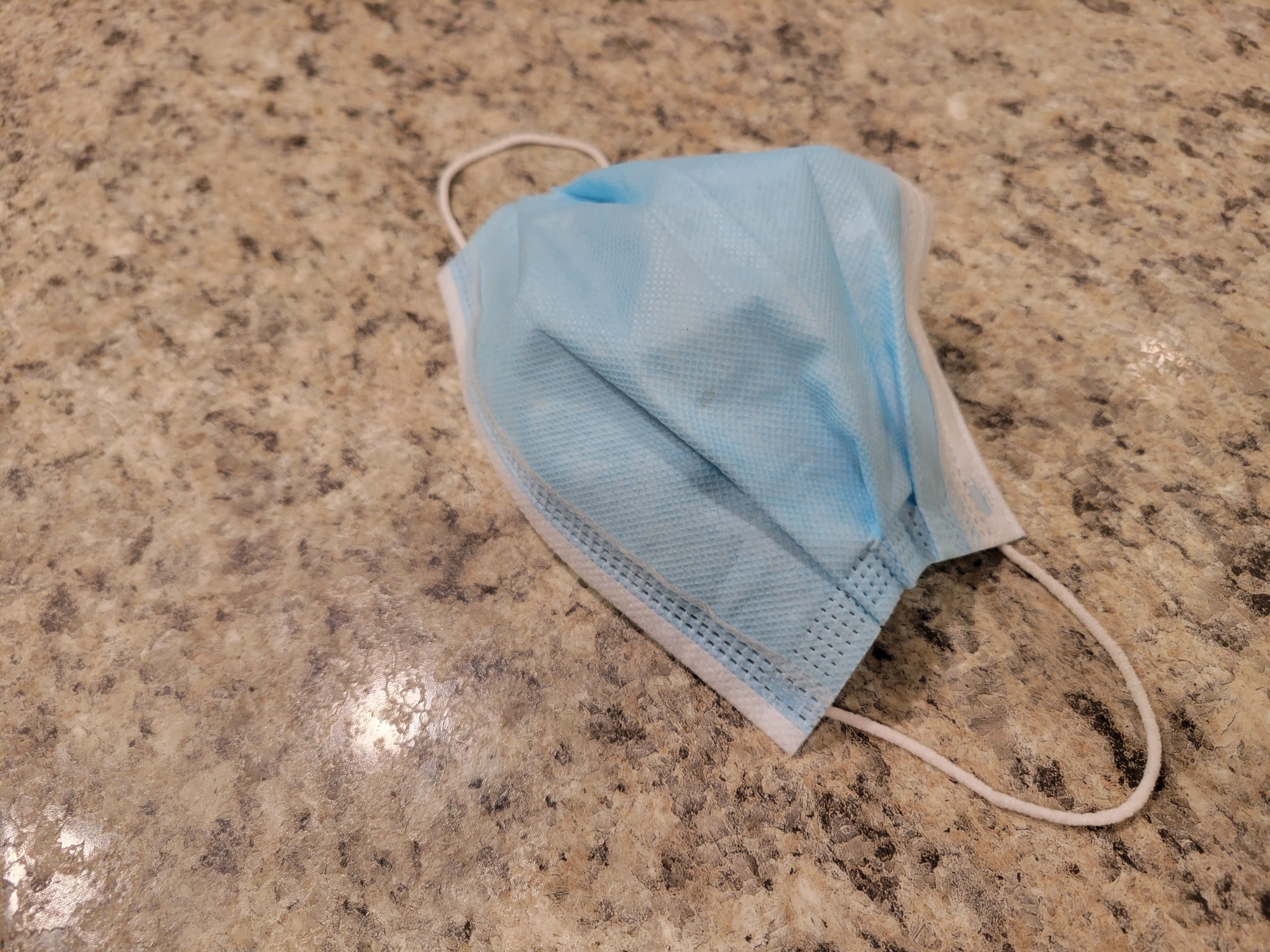An Island Health medical officer says we are now equipped to move forward with COVID as an annual respiratory virus.
With the province recently announcing changes to COVID-19 restrictions, dropping the mask mandate among others, Island Health medical health officer Dr. Charmaine Enns said now is the time to bring balance back into our lives.
She says the province is now in a much better position to deal with future variants. With vaccines and antiviral treatments, Enns said we are able to react to future issues as the pandemic moves to endemic.
“A pretty significant number of the population are still stuck at the pre-vaccine part of the pandemic,” she said. “One of the parts that’s been the hardest is being able to communicate and to help people move along because the pandemic has moved along.”
“There’s reasons that we all need to move along and get that balance back in our lives and it’s appropriate because our lives are about far more than a single virus that we now can manage the severe outcomes through the vaccines and the amount of natural immunity we have.”
She says citizens can now look at the science and encourages others to have confidence that COVID-19 can be something we can live with.
“I would like to ask people to have confidence that this is something we can live on based on the facts,” she said. “We have a vaccine that is effective against serious outcomes and continues to prevent serious outcomes. It’s not preventing against symptomatic infections, and by that I mean getting a fever or cough or achy or a stuffy nose, and that’s okay. We can live with that.”
Enns said COVID is becoming a normal virus, but assures others that it doesn’t need to be scary as we move forward.
“We need to rightfully put COVID where it belongs, which is in the list of other winter respiratory viruses that we’re familiar with that we know how to deal with all the time,” said Enns. “The challenge is taking the fear factor out of COVID and normalizing COVID, because it is becoming really normal now.”
“That’s not a false hope, that’s a grounded, substantiated, validated hope that COVID is now going to be part of our lives, but not a scary part.”
Enns added the public health restrictions were never meant to be long-term and aren’t effective anymore. She says the decisions are back with the individual.
As more variants come, Enns says they are becoming less severe. But, she says public health will continue to monitor the virus as it changes.
“[The] most likely thing is the virus will change to become less of a problem than more of a problem,” she said. “But through surveillance, we’ll be able to tell if it does become more of a problem.”
She added the Island will need to go through another respiratory season, like next fall and winter, to have confidence in what the virus does.
However, she says the variants shouldn’t worry citizens because we have a vaccine and we can create it quickly, along with antivirals that can help with treatment.






